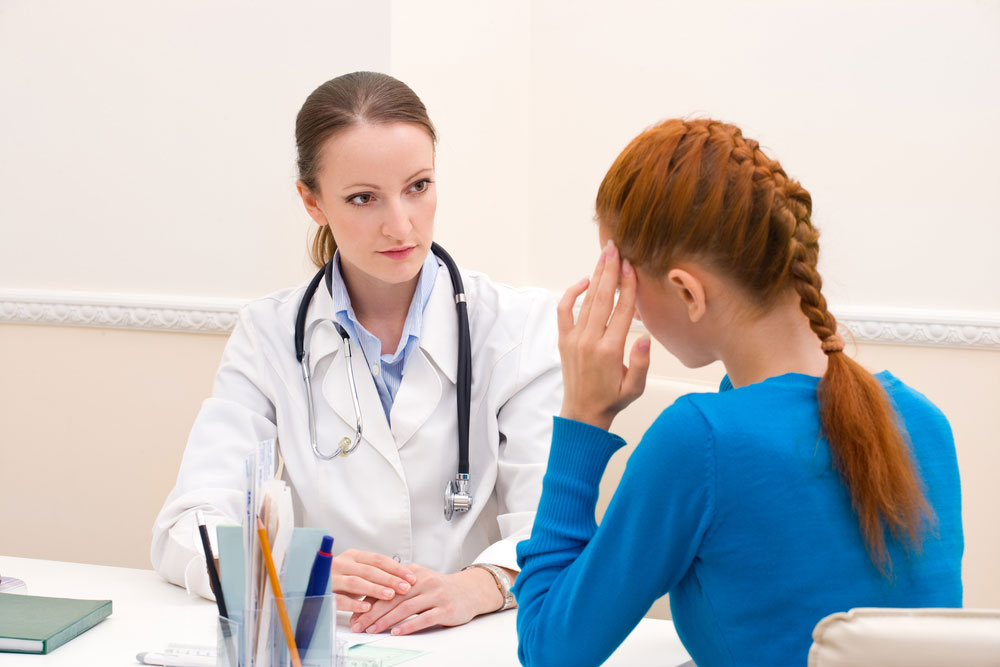Vaginal Bacteria Can Vary Widely in Healthy Women

The community of bacteria in the vagina that is considered "healthy" for a woman can vary a lot between individuals, a new study suggests.
The finding is contrary to the prevailing idea that some vaginal microbes are nearly universally good for a woman's health while others are bad. For example, doctors have said women need high levels of Lactobacillus bacteria, which produce lactic acid, in the vagina. But some women in the study had low levels of these bacteria and were still in good health.
In addition, the community of vaginal bacteria in some healthy women varied greatly over a short time while remaining constant in others. The findings suggest variations in vaginal bacteria, thought to put women at risk for disease, may be normal for some.
"There's this belief or this thought that every woman's the same," said study researcher Jacques Ravel, an associate professor of microbiology and immunology at the University of Maryland School of Medicine. The new findings suggest "there's somewhat of an individualized microbiome that represents health in these women," Ravel said.
The study could change how women are diagnosed and treated for conditions such as bacterial vaginosis, in which the population of "normal" vaginal bacteria is said to be disrupted. Women are typically evaluated for the condition at one point in time, but doctors may need to test women multiple times to see if the population of bacteria changes, Ravel said. He added that he suspects bacterial vaginosis is overdiagnosed. The researchers said they hope the findings will reduce unnecessary prescriptions of antibiotics for the condition. .
The study, involving 32 women, is published today (May 2) in the journal Science Translational Medicine. Ravel said the researchers are currently conducting a larger study in 160 women, with more frequent sampling, to confirm and expand upon their findings.
No such thing as "normal"
Sign up for the Live Science daily newsletter now
Get the world’s most fascinating discoveries delivered straight to your inbox.
The women whose vaginal bacteria were analyzed were of multiple ethnic groups and of reproductive age. They were asked to use swabs to collect vaginal samples twice a week for 16 weeks, and the researchers used genome sequencing to identify the bacteria in the samples.
The researchers classified bacterial communities based on the type of microbes that dominated the sample. They found that communities varied dramatically over time in some of the women, but remained constant in others.
Four women had stable bacterial communities and appeared healthy despite low levels of Lactobacillus. Six others showed substantial variation in the bacteria in their samples, but tended to have high levels of Lactobacillus.
The researchers noted that sexual activity and menstruation are the major factors that drive changes in the vaginal bacterial community.
Tailored treatments
The study "will help to better refine treatments for women who may be experiencing vaginal symptoms, and possibly help to minimize the use of antibiotics," said Dr. Elizabeth Poynor, a gynecologic oncologist at Lenox Hill Hospital in New York City, who was not involved in the study.
Ravel said it may be possible to classify women in groups based on the types of bacteria present in the vagina, which could pave the way for tailored treatments and health recommendations. For instance, certain types of probiotics might be beneficial for vaginal health for some women but not others.
While variation in vaginal bacteria may be a risk factor for infection, it can also be a woman's normal state, Ravel said.
"You can be at risk of a heart attack and still be normal," Ravel said. Women whose vaginal bacteria varies greatly over time may need to be aware that they are at higher risk, but not necessarily need treatments until a certain point in life, such as when they become pregnant, he said.
Pass it on: There is no "normal" set of bacteria in the vagina; each woman has her own "healthy" state.
Follow MyHealthNewsDaily staff writer Rachael Rettner on Twitter @RachaelRettner. Find us on Facebook.

Rachael is a Live Science contributor, and was a former channel editor and senior writer for Live Science between 2010 and 2022. She has a master's degree in journalism from New York University's Science, Health and Environmental Reporting Program. She also holds a B.S. in molecular biology and an M.S. in biology from the University of California, San Diego. Her work has appeared in Scienceline, The Washington Post and Scientific American.









